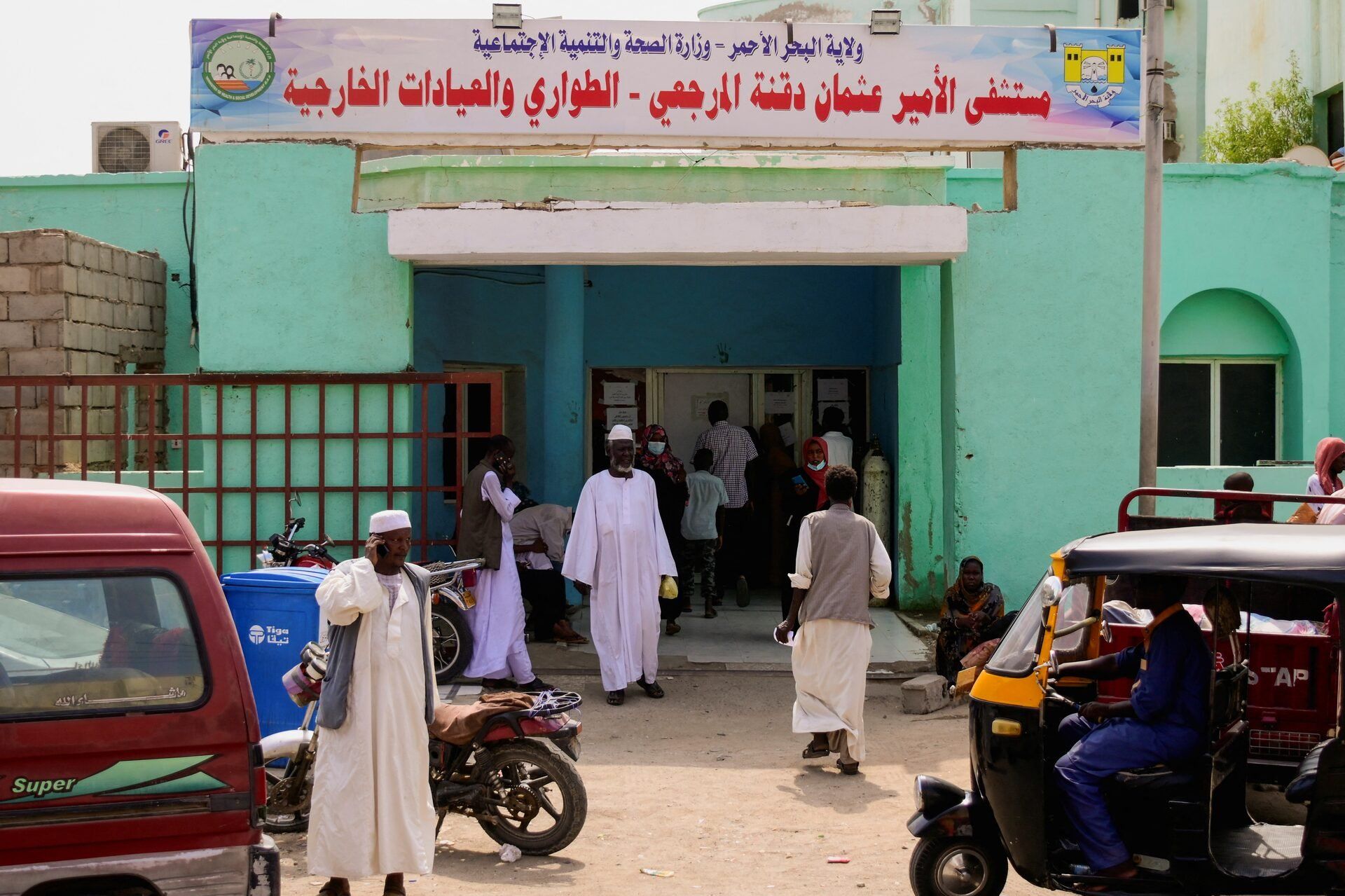In moreterrible news for civilians in Sudan, fighting in the country’s civil war has forced the closure of el-Fasher’s last open hospital. This city is the final stronghold of government forces fighting the RSF, a paramilitary group. Hundreds of thousands of civilians are sheltering in the city.
On Saturday, RSF fighters reportedly opened fire, looted drugs and medical equipment, assaulted hospital staff, and stole an ambulance. The hospital had repeatedly come under RSF fire over the past two weeks.
The civil war has killed at least 15,000 people since April 2023, and nearly nine million have been displaced. The RSF is a collection of what was once the Janjaweed militia groups, which have committed atrocities in Darfur. Both the RSF and government forces have been accused of crimes against civilians during this conflict.
Doctors, with support fromMédecins Sans Frontières, a medical relief organization, will try to shift hospital operations to a rundown Saudi-built hospital further from the frontlines, but that building doesn’t yet have electricity, fuel, or water. An MSF spokesperson says trapped and injured civilians in the city will not receive basic care for at least a week.



